Publikace
> Články v impaktovaných časopisech
> 'Radiation hard silicon detectors - developments by the RD48 (ROSE) collaboration'
Radiation hard silicon detectors - developments by the RD48 (ROSE) collaboration
Autor
| Lindstrom G. | University of Hamburg, II Institut fur Experimentalphysik, Gbd. 67b, Luruper Chaussee 149, 22761 Hamburg, Germany |
| Kohout Zdeněk, RNDr. | UTEF |
| Linhart Vladimir, Ing. Ph.D. | UTEF |
| Pospíšil Stanislav, DrSc. Ing. | UTEF |
| Sopko Bruno | KF FSI ČVUT |
| et al. | - |
Rok
2001
Časopis
Nuclear Instruments and Methods in Physics Research A 466 (2001) 308–326
Web
Obsah
The RD48 (ROSE) collaboration has succeeded to develop radiation hard silicon detectors, capable to withstand the harsh hadron fluences in the tracking areas of LHC experiments. In order to reach this objective, a defect engineering
technique was employed resulting in the development of Oxygen enriched FZ silicon (DOFZ), ensuring the necessary Oenrichment of about 2x10^17 O/cm^3 in the normal detector processing. Systematic investigations have been carried out
on various standard and oxygenated silicon diodes with neutron, proton and pion irradiation up to a fluence of 5x10^14 cm^-2 (1MeV neutron equivalent). Major focus is on the changes of the effective doping concentration (depletion voltage). Other aspects (reverse current, charge collection) are covered too and the appreciable benefits obtained with DOFZ silicon in radiation tolerance for charged hadrons are outlined. The results are reliably described by the ‘‘Hamburg model’’: its application to LHC experimental conditions is shown, demonstrating the superiority of the defect engineered silicon. Microscopic aspects of damage effects are also discussed, including differences due to
charged and neutral hadron irradiation.
Příklad citace článku:
G. Lindstrom, Z. Kohout, V. Linhart, S. Pospíšil, B. Sopko, . et al., "Radiation hard silicon detectors - developments by the RD48 (ROSE) collaboration", Nuclear Instruments and Methods in Physics Research A 466 (2001) 308–326 (2001)
Hledat
Události
21.-22. 11. 2014
Seattle, USA
8-15 Nov 2014
Surrey, Velká Británie
8. září 2014
9. září 2014
24. 4. 2014
3. 4. 2014
Seoul, Korea
27 Oct - 2 Nov 2013
Paris
23-27 June 2013
Anaheim, USA
29 Oct - 3 Nov 2012



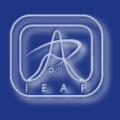


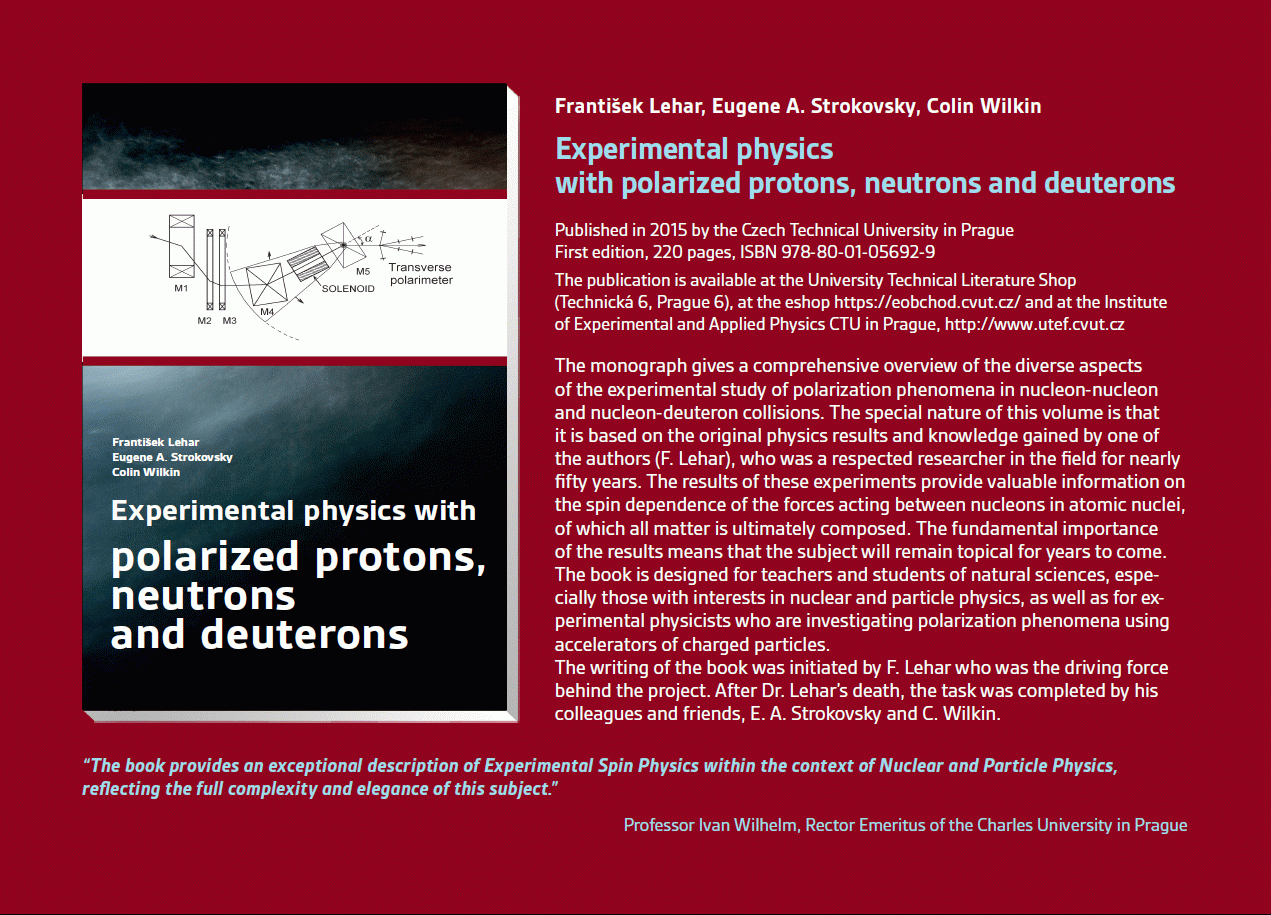 Experimental physics
with polarized protons, neutrons and deuterons
Experimental physics
with polarized protons, neutrons and deuterons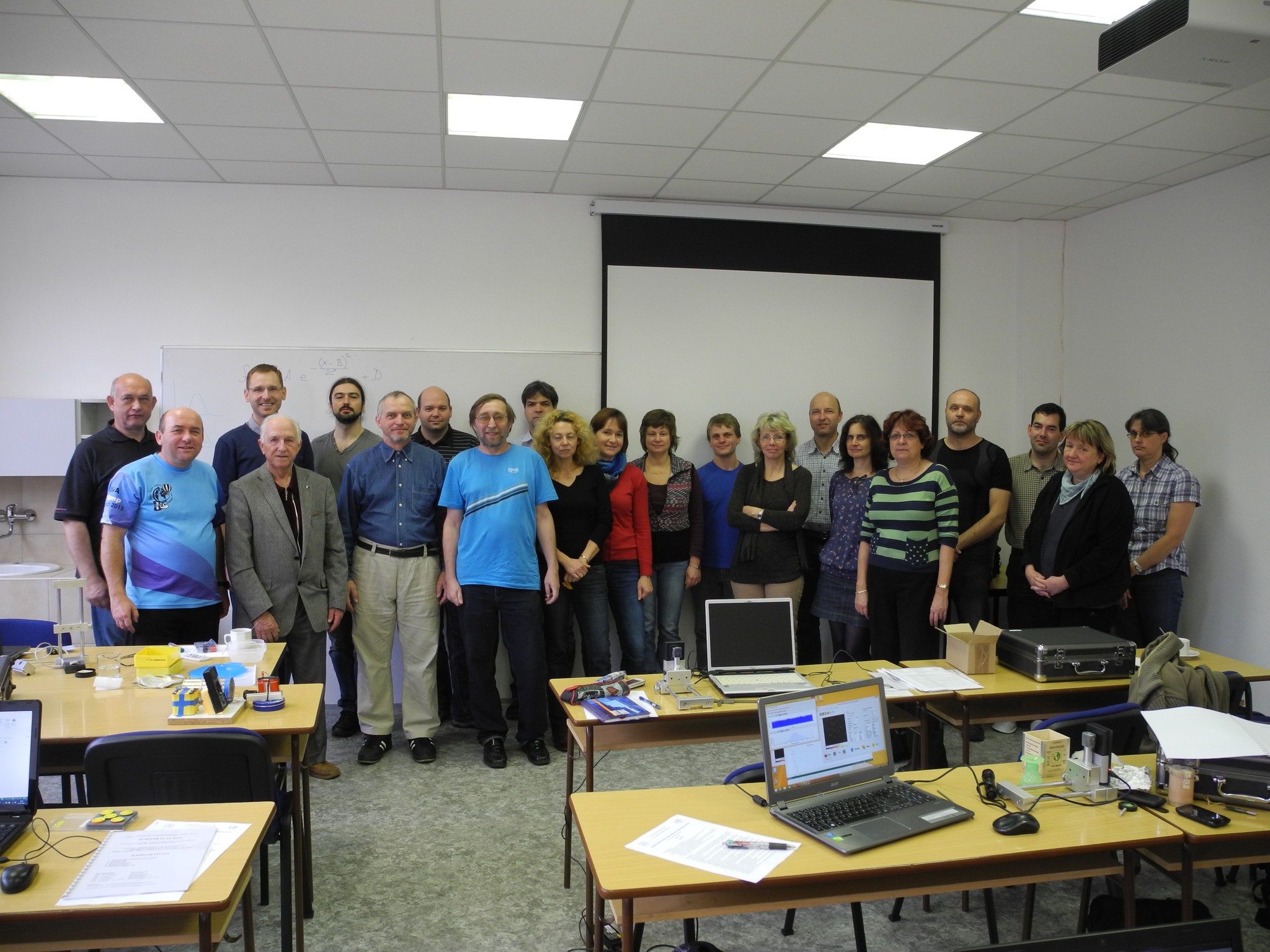 Progresivní detekční metody ve výuce subatomové a částicové fyziky
na ZŠ a SŠ
Progresivní detekční metody ve výuce subatomové a částicové fyziky
na ZŠ a SŠ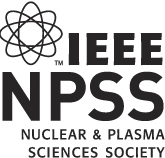 NSS MIC IEEE Conference
NSS MIC IEEE Conference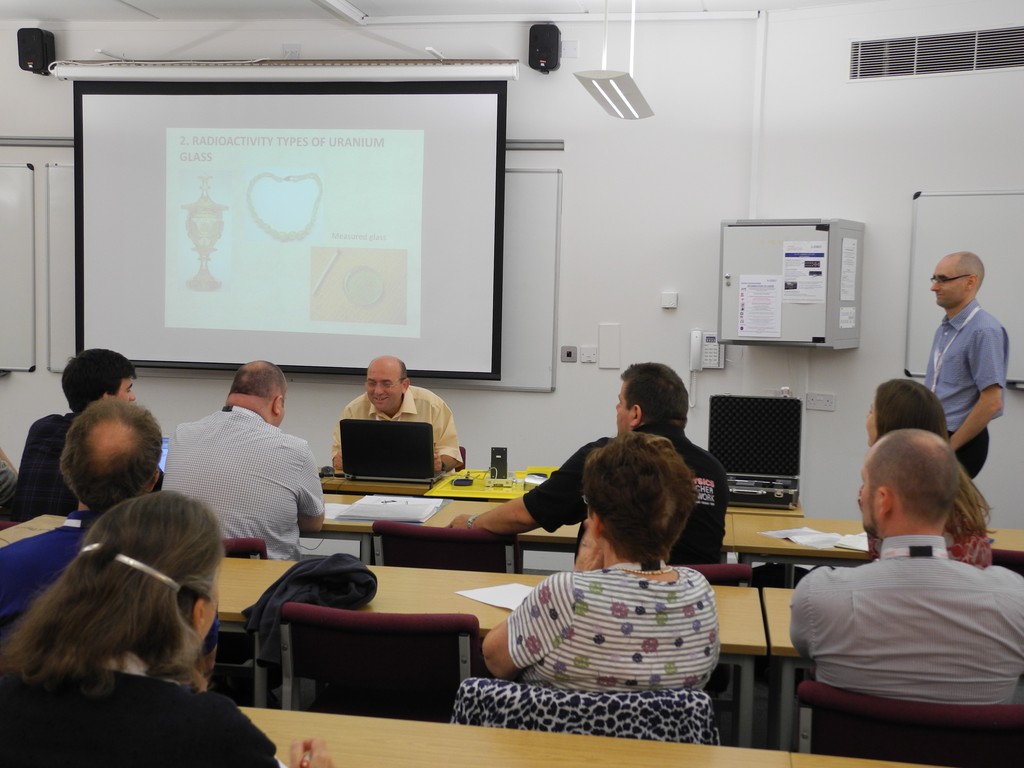 Konference SEPnet, CERN@school
Konference SEPnet, CERN@school Lovci záhad - spolupráce ČT a ÚTEF
Lovci záhad - spolupráce ČT a ÚTEF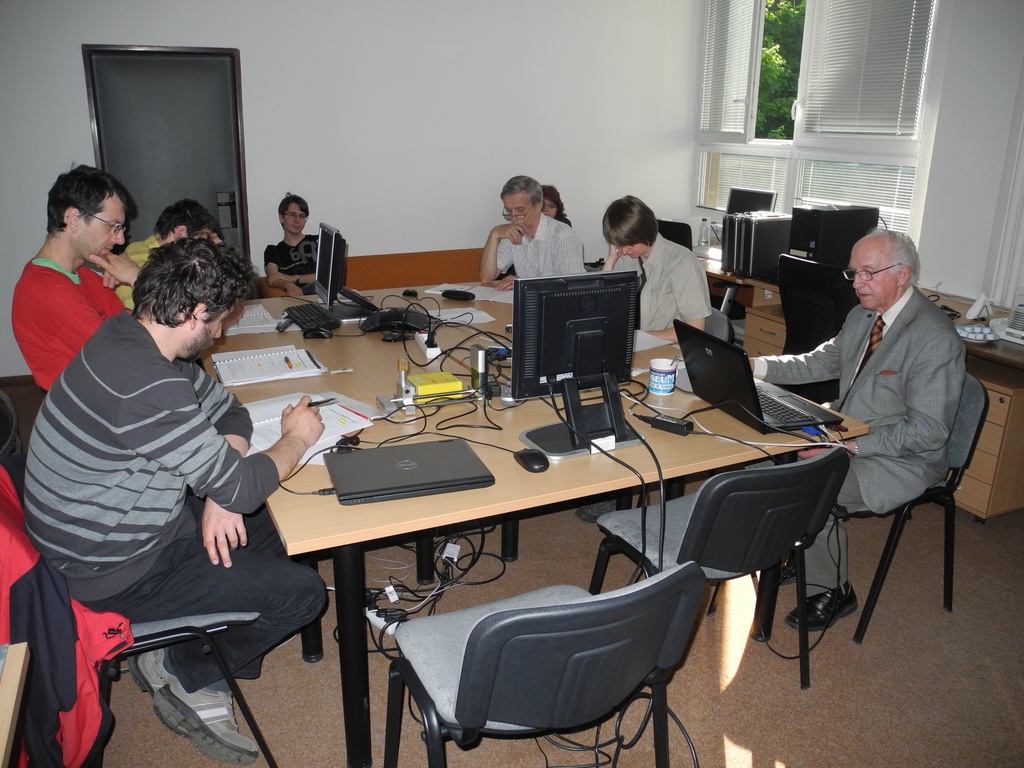 Progresivní detekční metody ve výuce subatomové a částicové fyziky na ZŠ a SŠ
Progresivní detekční metody ve výuce subatomové a částicové fyziky na ZŠ a SŠ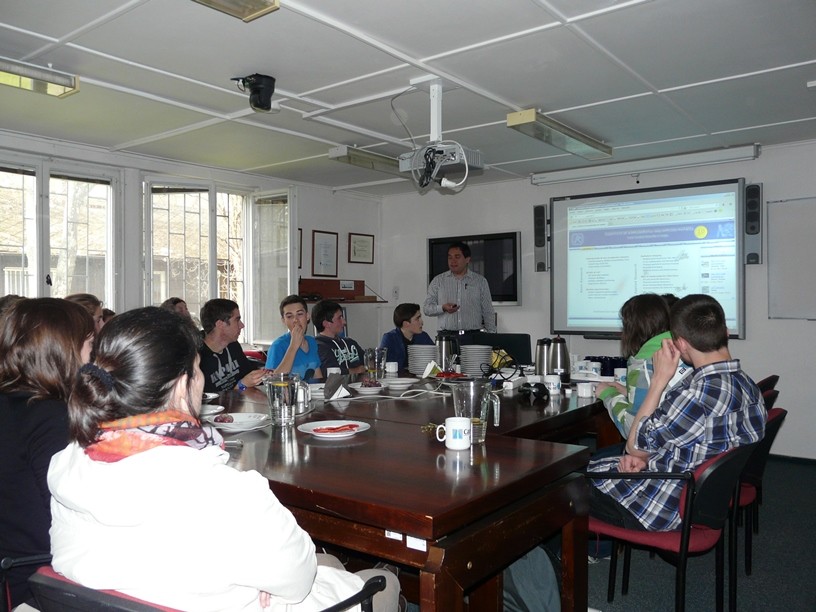 Návštěva v rámci projektu „Listening to the universe by detection cosmic rays“
Návštěva v rámci projektu „Listening to the universe by detection cosmic rays“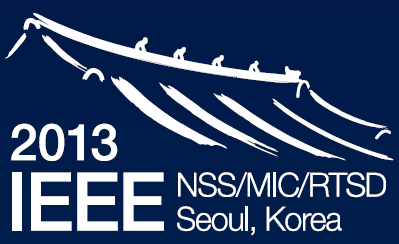 NSS MIC IEEE Conference
NSS MIC IEEE Conference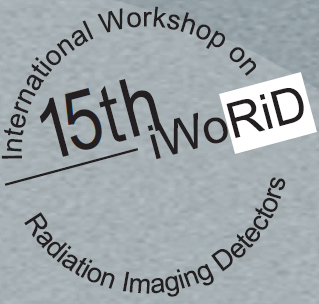 15thIWORID
15thIWORID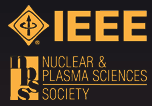 NSS MIC IEEE Conference
NSS MIC IEEE Conference